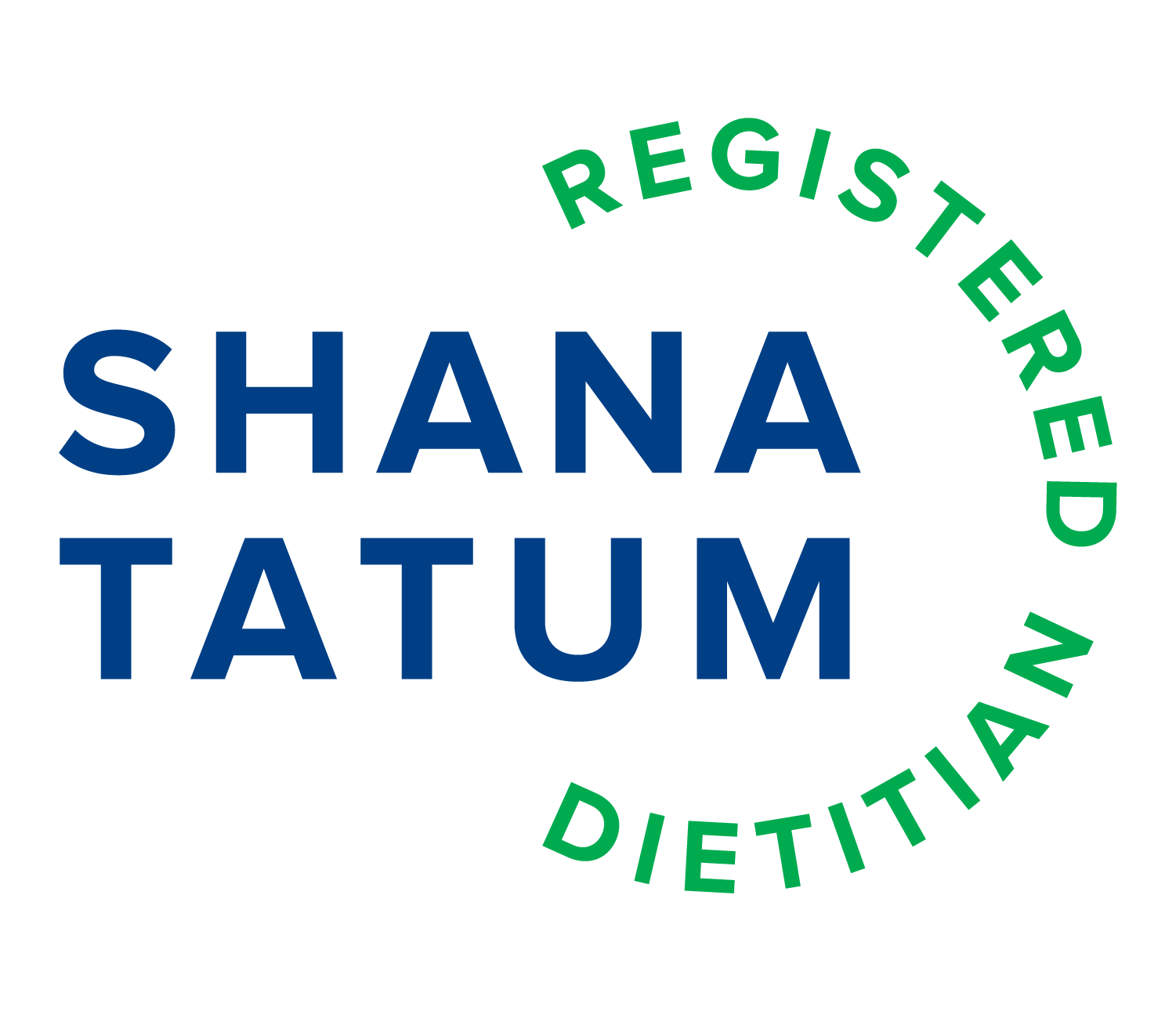PCOS - Polycystic Ovarian Syndrome
Polycystic ovarian syndrome (PCOS) is a complex endocrine disorder that affects nearly 10% of women and is the most common endocrine disorder of women of reproductive age. It causes a range of symptoms and potential long-term health risks. With a prevalence of up to 20% in some populations, it is a significant public health concern. Thankfully, there are effective solutions to help manage symptoms and enhance fertility potential.
Diagnosis of PCOS
The definition for diagnosis of PCOS is meeting two of these three criteria that have been set by the National Institutes of Health:
Irregular or absence of menstruation
Excess androgen production
Polycystic ovaries - having 12 or more small cysts in each ovary that are 2-9 mm across and/or having ovaries that are larger than 10 milliliters in size.
Signs and Symptoms of PCOS
Obesity and inability to lose weight with a BMI greater than 30
High hip to waist ratio greater than 0.85
Irregular or absent menstrual cycles are > 35 days apart or <8 cycles in a year
Infertility or recurrent miscarriage
Hirsutism, hair growth on the face and body
Oily skin or acne
Alopecia
Skin tags
Acanthosis nigricans
Depression, irritability, and tension
Lab values that may be out of normal ranges would be high testosterone level and other androgens such as androstenedione, elevated insulin level or insulin resistance, elevated LH to FSH ratio, (usually elevated LH and decreased FSH), decreased sex hormone binding globulin- SHBG, abnormal cholesterol profile, elevated DHEA levels and high estrone.
Health Risks Associated with PCOS
Because PCOS is part of a metabolic condition, women with PCOS have four times the rate of hypertension than women who do not. There is also reported decreased total antioxidant status and increased oxidative stress. This may be the pattern contributing to higher rates of heart disease in women with PCOS along with insulin resistance. Homocysteine levels may also be increased in patients with PCOS resulting in higher cardiovascular risk. In addition, there is a sevenfold risk of having an acute myocardial infarction, MI, in patients with PCOS.
Treatments for PCOS may include drugs to manage metabolic syndrome such as metformin or statin medications. Because PCOS is also a metabolic disorder, there is a high degree of insulin resistance. Consider that insulin works like a key that opens the cell door to let glucose inside. In PCOS, the locks on the doors are not working so well. The insulin is not able to open the door to the cells properly, so the body must make more insulin to get the glucose inside. With the cells flooded with insulin, they become less sensitive and unable to let glucose in. This is called insulin resistance. With high insulin, the body starts to respond differently.
Interventions
Insulin resistance medications such as metformin, which is an oral insulin-sensitizing agent, can be effective but caution should be used when taking these medications due to the depletion of CoQ10 and B vitamins specifically folate and B12. Another intervention for addressing insulin resistance is attention to the diet. Increasing dietary fiber can aid in lowering blood sugar, improve blood pressure, and help reduce LDL cholesterol. Aim for 25-35g per day.
Patients may also consider following a low glycemic diet to help manage blood glucose. High glycemic foods include potatoes, white rice, some breakfast cereals, watermelon, white bread, and processed or refined sugary foods.
Specific nutrients vital to managing PCOS are:
Vitamin D
Omega-3 fatty acids
Probiotics
Calcium
Selenium
Chromium
Inositol
N-acetyl-cysteine
Magnesium
Vitamin E
Pairing diet with exercise has been shown to improve insulin sensitivity. Skeletal muscle mass plays a vital role in restoring insulin sensitivity. Aerobic exercise, resistance training, and HIIT, including SIT (sprint interval training), all work to improve skeletal muscle mass and insulin sensitivity.
Reducing stress is yet another important intervention. Cortisol, known as one of the stress hormones, stimulates the release of glucose, fats, and amino acids to produce energy in the body during times of stress. When cortisol and insulin levels rise, it can cause a decrease in progesterone which can exacerbate symptoms of PCOS.
Adaptogens can be used to help improve the stress response of the hypothalamic-pituitary-adrenal axis, HPA. Specific in-use but helpful, adaptogenic botanicals to consider are:
American ginseng
Ashwagandha
Eleuthera
Rhodiola
Schisandra
Black cohosh
Vitex
Saw Palmetto
Nettle
Green tea
Licorice root
PCOS is a condition of imbalance. With attention to laboratory values, diet, sleep, exercise, and stress management, women can expect to regain hormonal control and shift metabolic health. If you wish to know more for yourself or a loved one, please contact me at www.shanatatumrd.com or @shanatatumrd to learn more.

